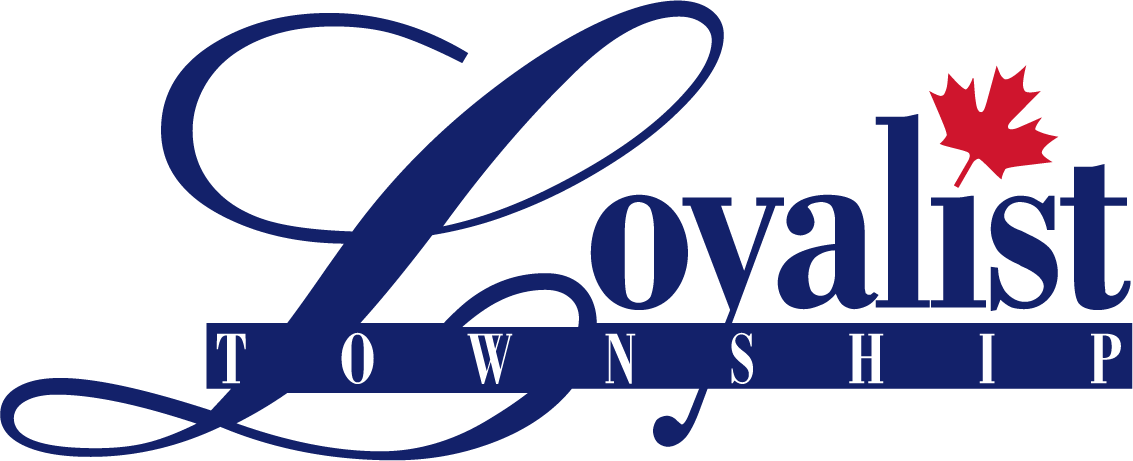Why are some meetings closed to the public?
Generally, Municipal councils, local boards and their committees hold their meetings in public. They meet behind closed doors on occasion to deal with some matters. The purpose of such a closed meeting is to receive information or give direction.
Municipal Governments in Ontario must be transparent and accountable. The Provincial Government has set the rules for a council, local board or a committee to go into a closed meeting. They must be strictly followed.
When can a meeting be closed to the public?
A meeting or part of a meeting must be closed to the public if the subject matter is:
-
The security of property of the municipality or local board;
-
Personal matters about an identifiable individual, including employees;
-
A proposed or pending acquisition or disposition of land;
-
Labour relations or employee negotiations;
-
Litigation or potential litigation;
-
Advice that is subject to solicitor-client privilege;
-
A matter authorized by another provincial statute;
-
If the subject matter relates to a request under the Municipal Freedom of Information and Protection of Privacy Act;
-
For educating and training and no member discusses or deals with a matter in a way that materially advances the business or decision-making of the council or local board.
Background
As of January 1, 2008 any person or corporation will be able to request that an investigation be undertaken respecting whether a municipality or local board or committee of either, has complied with closed meeting rules outlined in the Municipal Act, 2001 or the applicable procedural by-law.
Loyalist Township has engaged the services of the Ontario Ombudsman as the Municipal Closed Meeting Investigator. The investigator is authorized to conduct investigations upon receipt of a complaint in respect to meetings or parts of meetings that are closed to the public. The investigator will determine compliance with the Act or the applicable procedural by-law with respect to closed meetings and will report on the results of such investigations.
Ombudsman Complaint Procedure
Complaints may be submitted to Ombudsman Ontario through their website.
